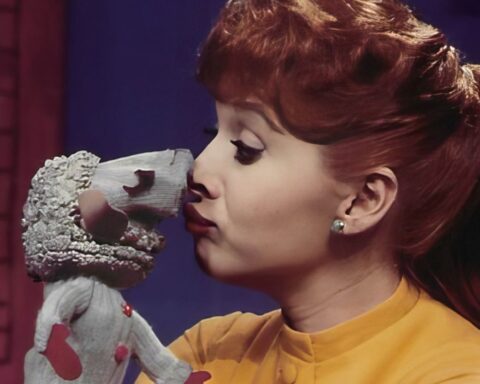So, you’re thinking about getting into television drama and wondering about writing?
Not entirely unreasonable. Since some astute newspaper critics have been trying to raise consciousness about the current crisis (thirteen hour-long dramatic series down to five), several weighty studies have been released on how to address the problem, and most crucially the Canadian Television Fund has been restored to its former glory. Maybe we will soon see a veritable renaissance in Canadian prime time drama.
In case that’s true, and in case you’re considering trying to break in, here is a brief description of how things work.
First of all, it’s almost impossible to land a freelance script for a series. Almost every episode will be written “in-house,” by the story department, so unless you’re very close to your brother-in-law the showrunner, you won’t get the assignment. It may be easier—though by no means easy—to get a junior position in the story department.
Bear in mind that every show is completely different and the dynamic depends almost entirely on the style and temperament of the aforementioned showrunner. Some shows are easygoing and collegial. Others more resemble the Seventh Ring of Hell.
Either way, once a series is up and running you’re part of a very fast moving machine that depends on scripts the way an old train depends on coal and sweaty human toil. It really doesn’t matter how many drop from exhaustion or die from massive wounds to the ego. The train must keep moving.
A good story department is a military operation, led by the showrunner(s). The showrunner carries the vision of the series; every member of the team tries to bring their strengths to serving that vision.
A story department can vary in size but most shows can’t afford to have more than six writers on staff: one or two showrunners, usually Executive Producers, and then, in descending order, Supervising Producers, Co-Producers, Executive Story Editors, Story Editors, or other minor variations.
In a thirteen-episode season, it is not uncommon for the showrunner(s) to write four or five of the scripts. The rest are distributed among the staff according to seniority—producers writing perhaps two, story editors one—leaving one or two that will go to outside writers.
Like the old real estate joke, the three most important jobs for the writing team are story, story and story. Ideas for episodes can come from anywhere, but the actual plots have to be “broken,” and that usually takes place in The Room. There, the entire department will work collectively to rough out “A” and “B” stories, and map out dramatic arcs that continue over the course of several episodes or the entire season.
Individual writers will later work out the specific beats of a given episode, but the real tone and substance of the show is hashed out in The Room. As a rule of thumb, your contribution goes up with your title and seniority. Junior Story Editors will do well to spend a lot of time listening. On the other hand, a silent chair is an empty chair so you have to exercise your judgment. In any case, however free you decide to be with your suggestions, it is wise to discard them even more freely if they don’t fly. It’s not personal.
(Well, sometimes it is, but best not to go there).
It’s good to keep in mind that the showrunner is not just in charge of the scripts, but also the casting, locations, directorial tone, picture cut, music and mix, not to mention managing the network and often a distributor or foreign partner as well. He/she doesn’t have time to manage you as well.
One of the first lessons I learned in TV came from the highly accomplished producer/writer David Barlow. He said, “When you’re choosing a writer, the most important consideration is whether or not you look forward to spending the afternoon with them.” At the time, this rather offended my cherished values of talent and creative vision, but with experience I have come to appreciate the wisdom of this philosophy.
Whatever happens, let’s continue to fight for Canadian television drama. Because one thing is increasingly clear in these strange times: if we don’t exist on television, we don’t exist. Period.











